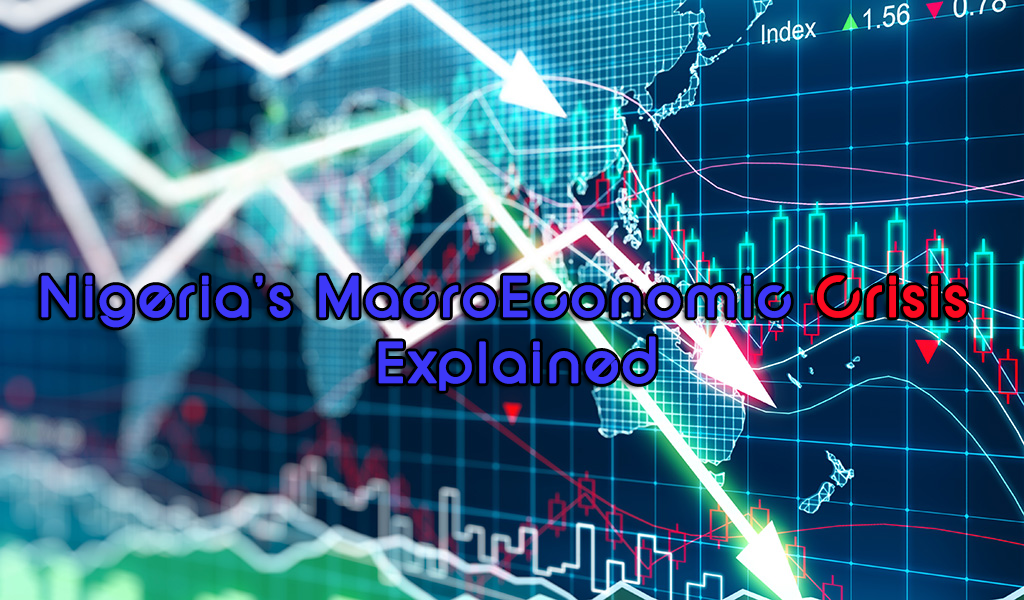Nigeria confronts a prolonged period of adjustment. For more than a generation, the oil sector generated large volumes of foreign exchange. However, with the recent bust in global oil prices and the resumed restiveness in the oil rich Niger-Delta region since 2014, Nigeria was thrust into macroeconomic crisis. Nearly four years on, we argue that policymakers effectively responded to the dual shocks mainly through import compression. However, the scope for continued import compression is now distinctly limited. For Nigeria to grow and prosper, the long-discussed diversification of the export base must occur via rapid expansion of non-oil exports.
Policy Brief & Alerts

June 12, 2018
Nigeria’s Macroeconomic Crisis Explained
Nigeria confronts a prolonged period of adjustment. For more than a generation, the oil sector generated large volumes of foreign exchange. However, with the recent bust in global oil prices and the resumed restiveness in the oil rich Niger-Delta region since 2014, Nigeria was thrust into macroeconomic crisis. Nearly four years on, we argue that […]
Read →
